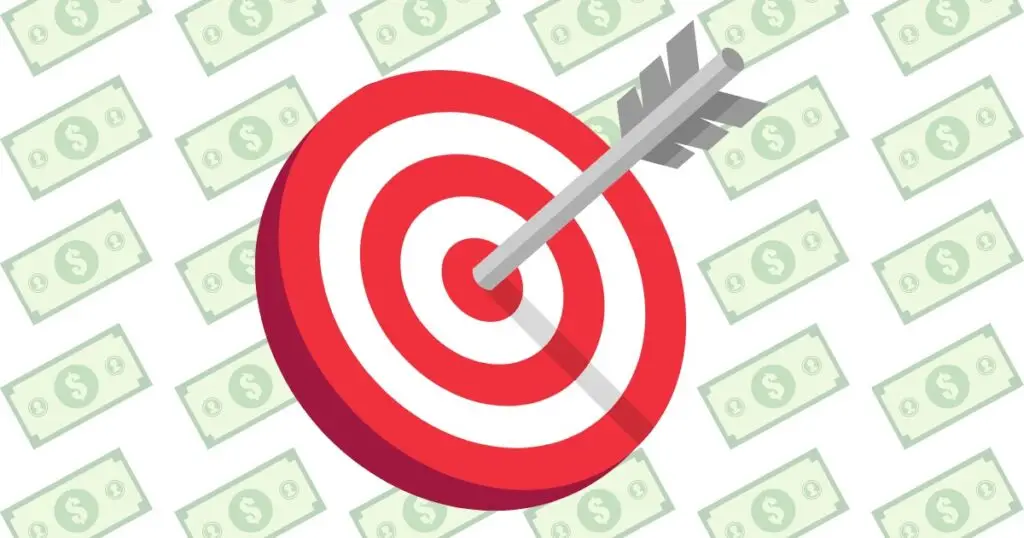
Staying focused on your financial goals can be challenging, especially in today’s fast-paced world where distractions are everywhere. Whether you’re saving for a new bike, college, or your first home, maintaining focus on your financial objectives is key to achieving success. This article will provide you with practical tips and strategies to help you stay on track, avoid common pitfalls, and reach your financial goals, no matter how big or small.
Why Staying Focused on Your Financial Goals is Important
Staying focused on your financial goals is essential because it ensures that your daily actions align with your long-term objectives. Without focus, it’s easy to get sidetracked by impulse purchases, peer pressure, or even just the desire for instant gratification. When you remain focused, you’re more likely to make decisions that support your goals, whether it’s saving money, paying off debt, or investing for the future.
- Consistency is Key: Achieving financial goals requires consistent effort over time. Staying focused helps you build the habits necessary for long-term success.
- Avoiding Financial Pitfalls: Distractions can lead to poor financial choices, such as overspending or neglecting your savings. Focus helps you stay disciplined.
- Building Confidence: As you stay focused and see progress, your confidence in your ability to manage money grows, making it easier to stick to your plan.
1. Set Clear and Specific Financial Goals
The first step in staying focused on your financial goals is to ensure they are clear and specific. Vague goals like “save more money” are hard to stick to because they don’t provide a clear path to follow. Instead, set specific goals like “save $500 for a new bike by the end of the year” or “pay off $1,000 in credit card debt in six months.”
- Break Down Your Goals: Divide larger goals into smaller, manageable steps. This makes it easier to track progress and stay motivated.
- Write Them Down: Documenting your goals can make them feel more tangible and real. Place them somewhere visible, like your bedroom or study area, to remind yourself of what you’re working towards.
2. Create a Realistic Budget
A realistic budget is one of the most powerful tools for staying focused on your financial goals. A budget helps you allocate your income toward your goals while covering essential expenses and allowing some room for fun.
- Track Your Spending: Start by tracking your spending for a month to understand where your money goes. This will help you create a more accurate budget.
- Prioritize Your Goals: Allocate funds toward your top financial goals first, such as saving for a specific item or paying down debt, before spending on non-essentials.
3. Automate Your Savings
One of the easiest ways to ensure you’re staying focused on your savings goals is to automate your savings. Set up automatic transfers from your checking account to your savings account or investment account. This way, you’re paying yourself first and making progress toward your goals without having to think about it.
- Use Technology: Many banking apps and financial tools allow you to set up automatic transfers or even round up your purchases to save the difference.
- Set it and Forget it: Once your savings are automated, you’re less likely to be tempted to spend that money elsewhere.
4. Eliminate Distractions
Distractions can derail your financial progress. Whether it’s online shopping, social media ads, or peer pressure, it’s important to recognize these distractions and take steps to minimize them.
- Unsubscribe from Tempting Emails: If promotional emails from your favorite stores lead to impulse purchases, unsubscribe from them.
- Limit Social Media Influence: Social media can create a false sense of need, making you want things you don’t actually need. Limit your exposure to content that promotes excessive spending.
5. Stay Accountable
Accountability is a powerful tool for staying focused on your financial goals. Share your goals with a trusted friend, family member, or even on social media to create a sense of accountability.
- Find an Accountability Partner: Having someone to check in with can keep you motivated and on track. You can encourage each other and share progress.
- Join a Community: Online forums or social media groups focused on financial goals can provide support, motivation, and tips from others on the same journey.
6. Celebrate Small Wins
Celebrating small victories is important for maintaining focus and motivation. As you achieve smaller milestones on the way to your larger goals, take the time to celebrate.
- Reward Yourself: Give yourself a small reward when you reach a goal, such as a treat or a fun activity. This positive reinforcement can help you stay motivated.
- Reflect on Your Progress: Regularly review how far you’ve come. This can boost your confidence and keep you excited about reaching your next milestone.
7. Use Financial Tools and Apps
There are many tools and apps designed to help you stay on track with your financial goals. These tools can help you manage your budget, track your progress, and even provide reminders to keep you focused.
- Mint: A popular budgeting app that tracks your spending, savings, and goals all in one place.
- YNAB (You Need A Budget): An app that encourages proactive budgeting and helps you prioritize your goals.
- Goalsetter: A savings app designed specifically for young people, making it fun and engaging to save for your goals.
8. Review and Adjust Your Plan
Life is unpredictable, and sometimes your financial goals may need to be adjusted. Regularly reviewing your progress and making necessary adjustments will help you stay focused even when things don’t go as planned.
- Monthly Check-Ins: Set aside time each month to review your budget and goals. Adjust your plan as needed to reflect changes in your income or expenses.
- Stay Flexible: Be willing to shift your priorities if something important comes up, but always keep your long-term goals in mind.
9. Visualize Your Goals
Visualization is a powerful technique for staying focused on your financial goals. By creating a clear mental image of what achieving your goals will look and feel like, you can stay motivated to reach them.
- Create a Vision Board: Use images, quotes, and other visuals that represent your financial goals and place them on a vision board. Keep it in a place where you’ll see it often.
- Mental Visualization: Spend a few minutes each day visualizing the successful completion of your goals. Imagine how achieving them will improve your life.
10. Learn from Setbacks
Setbacks are a natural part of any journey, including financial ones. Instead of getting discouraged, use setbacks as learning opportunities to improve your approach and strengthen your resolve.
- Analyze What Went Wrong: When you encounter a setback, take time to understand what caused it. Did you overspend in a certain category? Did an unexpected expense arise? Identifying the cause can help you prevent it from happening again.
- Stay Positive: Remember that setbacks are temporary. Focus on what you’ve already accomplished and get back on track as soon as possible.
Conclusion
Staying focused on your financial goals is essential for achieving success. By setting clear goals, creating a realistic budget, eliminating distractions, and using the right tools, you can stay on track and reach your financial objectives. Remember to celebrate your progress, stay accountable, and adjust your plan as needed. With determination and focus, you can achieve anything you set your mind to financially.
Frequently Asked Questions
1. How can I stay motivated while saving money?
Staying motivated while saving money involves setting clear goals, celebrating small wins, and using tools like budgeting apps to track your progress.
2. What should I do if I get off track with my financial goals?
If you get off track, don’t get discouraged. Review your plan, identify what caused the setback, and make necessary adjustments to get back on course.
3. How can I avoid distractions that lead to overspending?
To avoid distractions, unsubscribe from promotional emails, limit social media exposure, and remove any temptations that lead to impulsive spending.
4. How often should I review my financial goals?
It’s a good idea to review your financial goals monthly. This allows you to make adjustments and ensure you’re staying on track.
5. Are there apps that can help me stay focused on my financial goals?
Yes, apps like Mint, YNAB, and Goalsetter are designed to help you stay focused by tracking your spending, saving, and progress towards your financial goals.
Thank you for reading! We hope these tips help you stay focused on your financial goals and achieve the success you’re aiming for. Be sure to check out our other articles for more advice on managing your finances.


